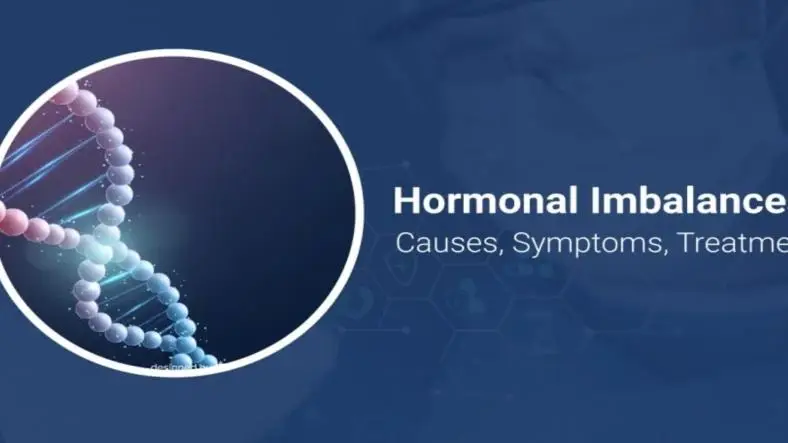Hormones play a vital role in regulating many functions in the body, including growth, metabolism, reproduction, and mood. When these chemical messengers are too high or too low, it leads to hormonal imbalance—a condition that can affect men and women at any stage of life. Recognizing the symptoms and seeking timely treatment is essential for restoring balance and maintaining overall health.
Common Symptoms of Hormonal Imbalances
The symptoms vary depending on which hormones are affected, but some common signs include:
- Unexplained Weight Changes – Sudden weight gain or loss, often linked to thyroid hormone imbalances.
- Fatigue and Low Energy – Persistent tiredness despite adequate rest, common in adrenal or thyroid dysfunction.
- Mood Swings and Anxiety – Imbalances in estrogen, progesterone, or cortisol can affect emotions and mental health.
- Irregular Menstrual Cycles – In women, conditions like PCOS or estrogen-progesterone imbalance may disrupt periods.
- Hair Loss or Excess Hair Growth – Androgen level changes can cause thinning hair or unwanted hair growth.
- Sleep Problems – Low melatonin or fluctuating cortisol levels can interfere with restful sleep.
- Reduced Libido – Changes in testosterone, estrogen, or progesterone often affect sexual desire.
- Skin Issues – Acne, dryness, or unexplained skin changes may be signs of hormonal disruption.
Common Causes of Hormonal Imbalances
- Thyroid Disorders – Overactive or underactive thyroid gland.
- Polycystic Ovary Syndrome (PCOS) – A common condition affecting reproductive hormones in women.
- Adrenal Gland Issues – Problems with cortisol production.
- Diabetes – Involves imbalances in insulin regulation.
- Menopause or Andropause – Natural age-related hormonal changes.
- Chronic Stress – Long-term stress can elevate cortisol and affect other hormone levels.
Treatments for Hormonal Imbalances
The treatment plan usually depends on the underlying cause and specific hormones involved. Options include:
1. Lifestyle Modifications
- Balanced diet rich in whole foods
- Regular exercise to regulate metabolism and stress
- Adequate sleep to support natural hormone cycles
2. Medications and Hormone Therapy
- Thyroid medication for hypo- or hyperthyroidism
- Insulin therapy for diabetes management
- Hormone replacement therapy (HRT) for menopause or severe imbalances
- Birth control pills for regulating cycles in PCOS
3. Stress Management: Practices like meditation, yoga, or breathing exercises to lower cortisol.
4. Natural Remedies and Supplements: Certain herbs (like ashwagandha or evening primrose oil) and vitamins may support hormonal health, though medical guidance is necessary.
5. Regular Monitoring: Blood tests and check-ups help track hormone levels and adjust treatment as needed.
Conclusion
Hormonal imbalances can have wide-ranging effects, from mood swings and fatigue to serious metabolic issues. The good news is that with early detection, lifestyle adjustments, and appropriate medical treatment, most imbalances can be managed effectively. Paying attention to subtle symptoms and seeking medical advice ensures that hormonal health remains in check—leading to better energy, stability, and overall well-being.
Thanks for reading the article, for more health related articles read our peoples blog articles.















